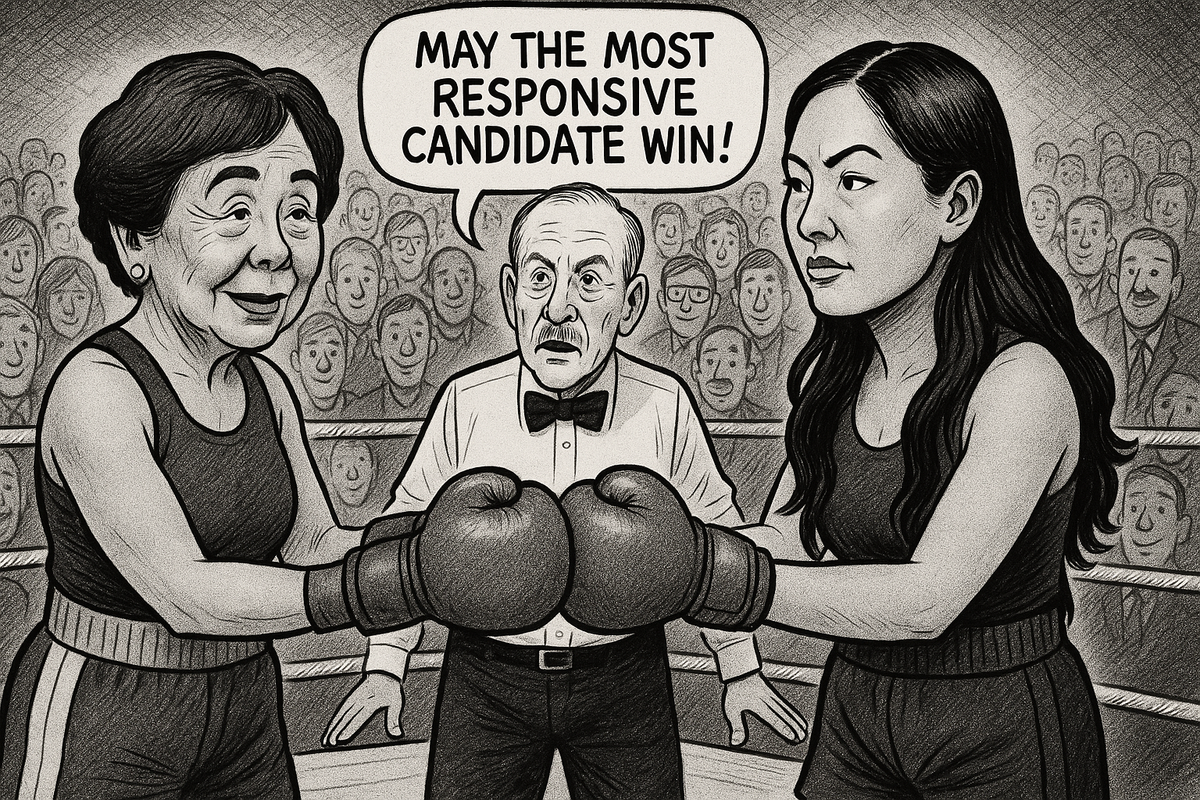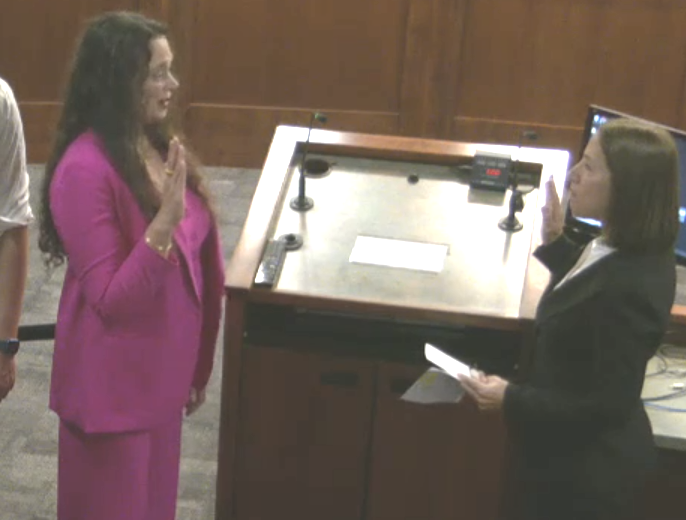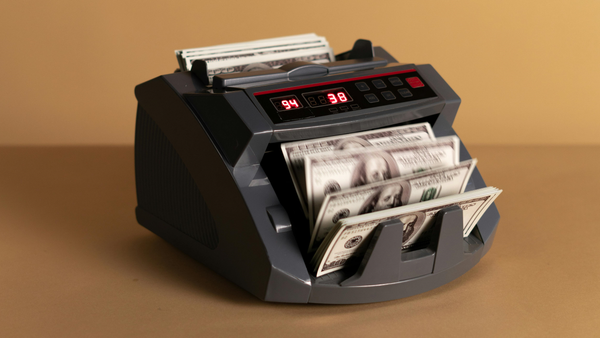Even if Mai Vang were to fail in challenging Doris Matsui, she could still be the winner
If Proposition 50 succeeds, the redrawn congressional districts will reshuffle the deck of political players.

If Proposition 50 succeeds, the redrawn congressional districts will reshuffle the deck of political players.


It is no mistake that the oath starts with a vow to protect our Constitution and the rights bestowed on Americans

To date, Elk Grove Mayor Bobbie Singh-Allen is the only person on the City Council who is being challenged

Former Philippine President Rodrigo Duterte is being held in The Hague awaiting trial at the International Criminal Court for alleged crimes against humanity

Meetings and events this week in Elk Grove